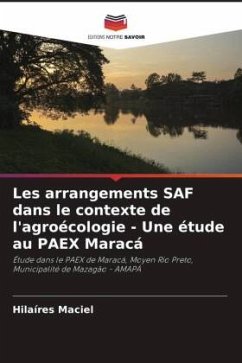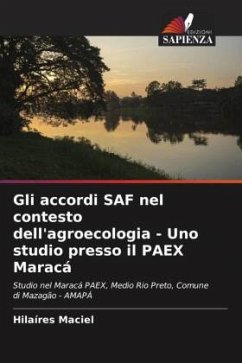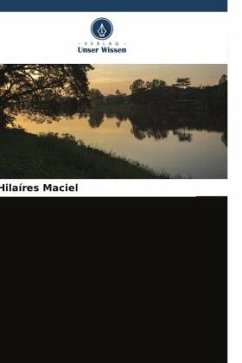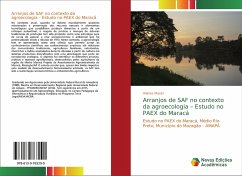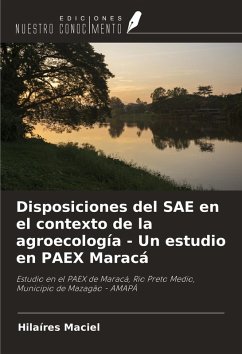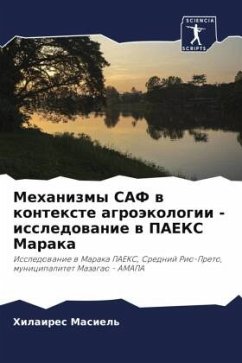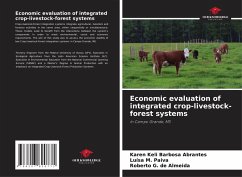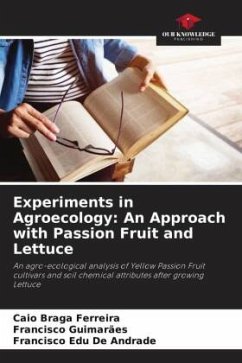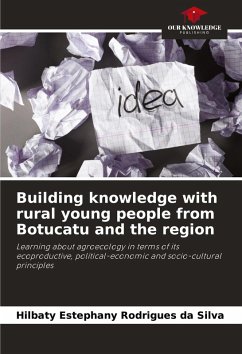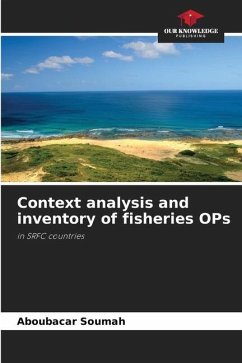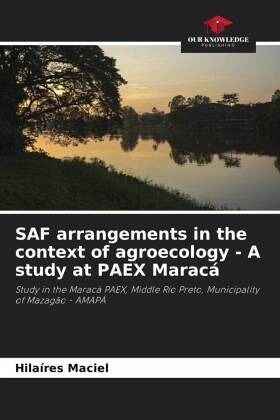
SAF arrangements in the context of agroecology - A study at PAEX Maracá
Study in the Maracá PAEX, Middle Rio Preto, Municipality of Mazagão - AMAPÁ
Versandkostenfrei!
Versandfertig in 6-10 Tagen
36,99 €
inkl. MwSt.

PAYBACK Punkte
18 °P sammeln!
In the current context, when issues related to the preservation of natural resources and technological alternatives that make it possible to produce food from a sustainable approach are being debated worldwide, the rescue of practices and management of traditional production systems has been proposed as a strategy to overcome the socio-economic and environmental crisis that has been fuelled since the 1970s. In this context, agroecology has been presented as a science that allows scientific knowledge to be combined with the age-old empirical knowledge of traditional communities, family farmers,...
In the current context, when issues related to the preservation of natural resources and technological alternatives that make it possible to produce food from a sustainable approach are being debated worldwide, the rescue of practices and management of traditional production systems has been proposed as a strategy to overcome the socio-economic and environmental crisis that has been fuelled since the 1970s. In this context, agroecology has been presented as a science that allows scientific knowledge to be combined with the age-old empirical knowledge of traditional communities, family farmers, extractivists, riverside dwellers and indigenous people accumulated over decades from cultivation in diversified production systems with an approach that can be considered ecological. The aim was to identify the different agroforestry arrangements, practices and management developed by farmers in the Médio Maracá region - Maracá Agro-Extractivist Settlement Project, Mazagão/AP. The study concludes that, despite the limits imposed by the development model historically adopted, SAF has been the socio-economic and environmental support for farmers.



